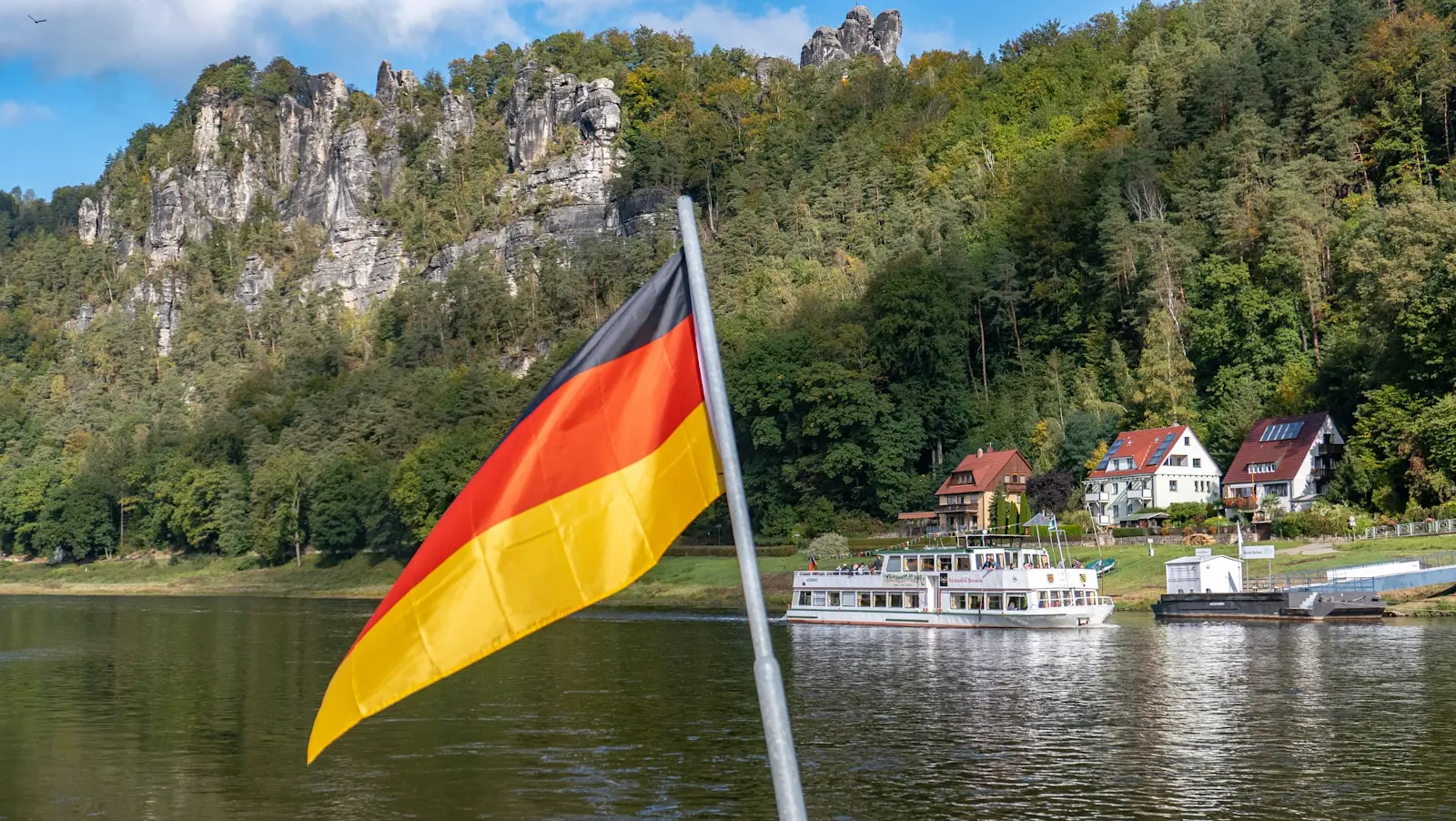Germany’s stable economy and diverse regions make it an attractive destination for property buyers. This guide outlines the essential steps for purchasing property in Germany to help you navigate the market smoothly.
Get 50% OFF!
Subscribe to our newsletter and enjoy a 50% discount on all listing packages, no strings attached!

1. Research the Property Market
- Location: Decide between bustling cities like Berlin, Munich, and Frankfurt or serene countryside areas.
- Budget: Familiarize yourself with property prices and additional costs, which can total around 10–15% of the property price.
2. Obtain a Tax Identification Number (Steuernummer)
- A tax identification number is required for property transactions and tax purposes in Germany.
3. Hire a Legal Advisor (Notar)
- Engage an independent notary who specializes in property transactions to ensure legal compliance and handle due diligence.
- Notaries in Germany are impartial and handle the contract and registration process.
4. Open a German Bank Account
- Required for managing property-related payments, taxes, and utility bills.
5. Search for Properties
- Utilize trusted property websites and collaborate with local real estate agents.
- Attend property viewings to assess the property’s condition and surroundings.
Recommended Real Estate Websites in Germany
- Immobilienscout24 – One of Germany’s leading property portals.
- Immonet – Extensive property listings.
- Immowelt – Comprehensive real estate marketplace.
- eBay Kleinanzeigen – Private property listings.
- European.RealEstate – Comprehensive European property listings, including Germany.
- Wohnungsboerse.net – Property search platform.
6. Make an Offer (Kaufangebot)
- Submit your offer directly to the seller or through the real estate agent.
- Be prepared for negotiations, especially in competitive urban markets.
7. Sign the Reservation Agreement (Reservierungsvereinbarung)
- Once the offer is accepted, sign a reservation agreement and pay a deposit to secure the property.
8. Conduct Due Diligence (Due Diligence durchführen)
- Your notary will verify property ownership, check for any outstanding debts or legal encumbrances, and ensure compliance with building regulations.
- Review all relevant documentation, including building permits and energy efficiency certificates.
9. Sign the Purchase Contract (Kaufvertrag)
- The notary prepares the purchase contract and ensures all parties understand the terms.
- Both buyer and seller must sign the contract at the notary’s office.
10. Finalize the Sale (Grundbucheintragung)
- The notary submits the contract to the Land Registry (Grundbuchamt) to transfer ownership officially.
- Pay the remaining balance, including all applicable taxes and fees.
11. Pay Taxes and Fees (Steuern und Gebühren bezahlen)
- Be prepared for various taxes and fees, including:
- Property Transfer Tax (Grunderwerbsteuer): Typically 3.5% to 6.5% of the property price, depending on the federal state.
- Notary Fees: Around 1% to 1.5% of the property price.
- Land Registry Fees: Approximately 0.5% to 1% of the property price.
- Agency Fees: If applicable, usually 3% to 7% plus VAT.
12. Register the Property (Grundbuch)
- Ensure the property is registered in your name at the Land Registry (Grundbuch) to confirm legal ownership.
Additional Considerations:
- Financing: If you require a mortgage, consult with German banks for the best financing options.
- Currency Exchange: Fluctuations in exchange rates can impact the final cost for non-EU buyers. Consider using a currency exchange service.
- Home Insurance: It’s advisable to arrange suitable home insurance to protect your investment.
By following these steps and seeking professional guidance, you can navigate the German property market confidently and secure your ideal property or investment.





Join The Discussion